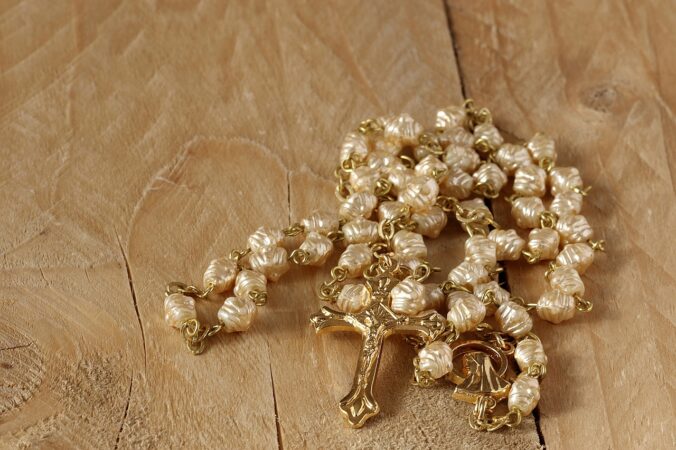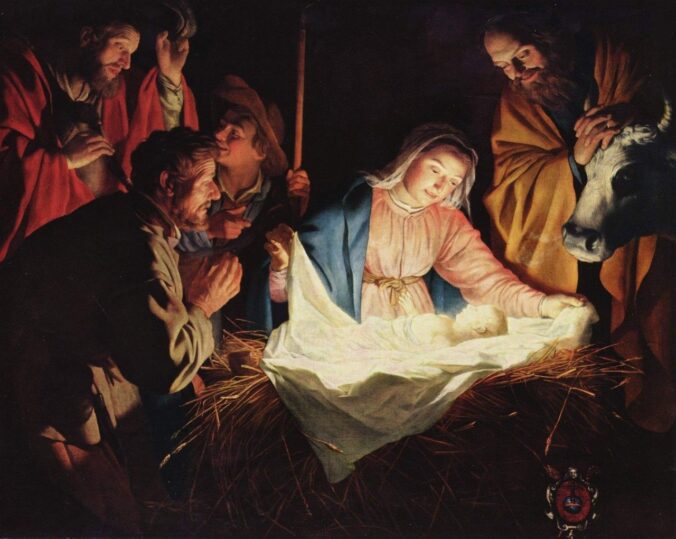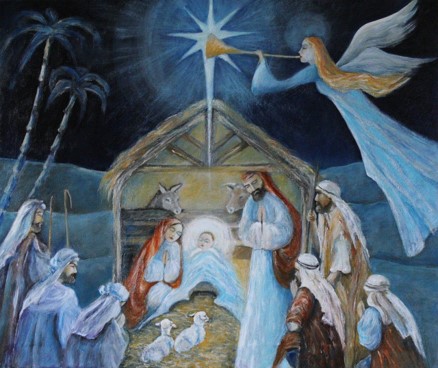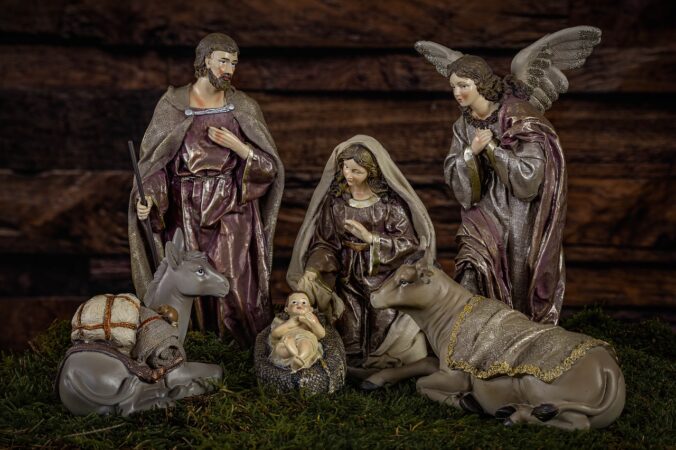We are deep within our Lenten journeys now. Yesterday (March 24), Catholics around the world celebrated Palm Sunday, the final Sunday of Lent and the start of Holy Week. Palm Sunday commemorates the triumphant arrival of Jesus in Jerusalem, and His Passion and Crucifixion a few days later.
In one week, the Church will celebrate the Risen Lord, on the first Easter.
My heart, this morning, is focused on the mercy of Jesus, revealed in particular by St. Pope John Paul II. In 1980, he published an encyclical dedicated to revealing God’s Mercy. Titled Dives in Misericordia1 (or, “Rich in Mercy”), St. Pope John Paul II’s message focuses entirely on showing us that the very heart of the mission of Jesus Christ is to reveal the merciful love of the Father.
In this memorable encyclical, St. Pope John Paul II writes that mercy “is love’s second name.” He goes on to write, “Mercy is the greatest of the attributes and perfections of God, and the Bible, Tradition and the whole faith life of the People of God provide particular proofs of this.”
Early in the Old Testament, in the Book of Exodus, as God’s Commandments are made known to us, God reveals more about the depth of His Mercy:
“I the Lord your God am a jealous God, visiting the iniquity of the fathers upon the children to the third and the fourth generation of those who hate Me, but showing mercy to THOUSANDS of those who love Me and keep My Commandments.” Exodus 20: 5-6
Do not be thrown off by God’s use of the word “jealous.” God is not irrational or insecure! But He is jealous for, or deeply desirous of, our love and devotion because He understands that only by entering into His Love can we find the hope and peace we yearn for in life. Only with His Love can we find the purpose and meaning that we desire, enabling us to live good and happy lives.
Only with His Mercy can we understand that God gives us each new day to start again. If we are truly sorry for our sins, and try to be better than we were the day before, God and His angels swoop in to help us.
Do we understand the depth of God’s Mercy? Yesterday at Mass, our priest said this to us:
“If you were the only person left on earth, when Jesus came down from Heaven, He would have willingly died for you alone, on the Cross. Jesus came to earth because He loves us and wants to redeem our souls — your soul and my soul.”
Jesus Himself directly tells us that He came to earth to reveal the merciful love of the Father:
“‘As the Father has loved Me, so I have loved you; abide (or remain) in My Love.'” John 15: 9
How do we remain in Jesus’ love? All we need is a sincere desire to know Him, to follow His teachings, and to love Him. He loves us so much. As Jesus is about to leave the world, He says this to His disciples:
“‘I will not leave you desolate (or alone); I will come to you.'” John 14: 18
Jesus is beside you now. If you ask Him to, Jesus will reveal that of all the many gifts He has to share with us, His Mercy is by far his greatest attribute and perfection. St. Pope John Paul II describes this best, within his encyclical:
“In this way, in Christ and through Christ, God also becomes especially visible in His Mercy; that is to say, there is emphasized that attribute of the divinity which the Old Testament, using various concepts and terms, already defined as ‘mercy.’ Christ confers on the whole of the Old Testament tradition about God’s mercy a definitive meaning. Not only does He speak of it and explain it by the use of comparisons and parables, but above all He [Jesus] Himself makes it incarnate and personifies it. He [Jesus] Himself, in a certain sense, is mercy. To the person who sees it in Him – and finds it in Him – God becomes ‘visible’ in a particular way as the Father who is rich in mercy.”
Jesus loves us so much. Truly, Mercy is Jesus’ — and Love’s — second name.
1St. Pope John Paul II, Dives In Misericordia, published November 30, 1980.










Recent Comments